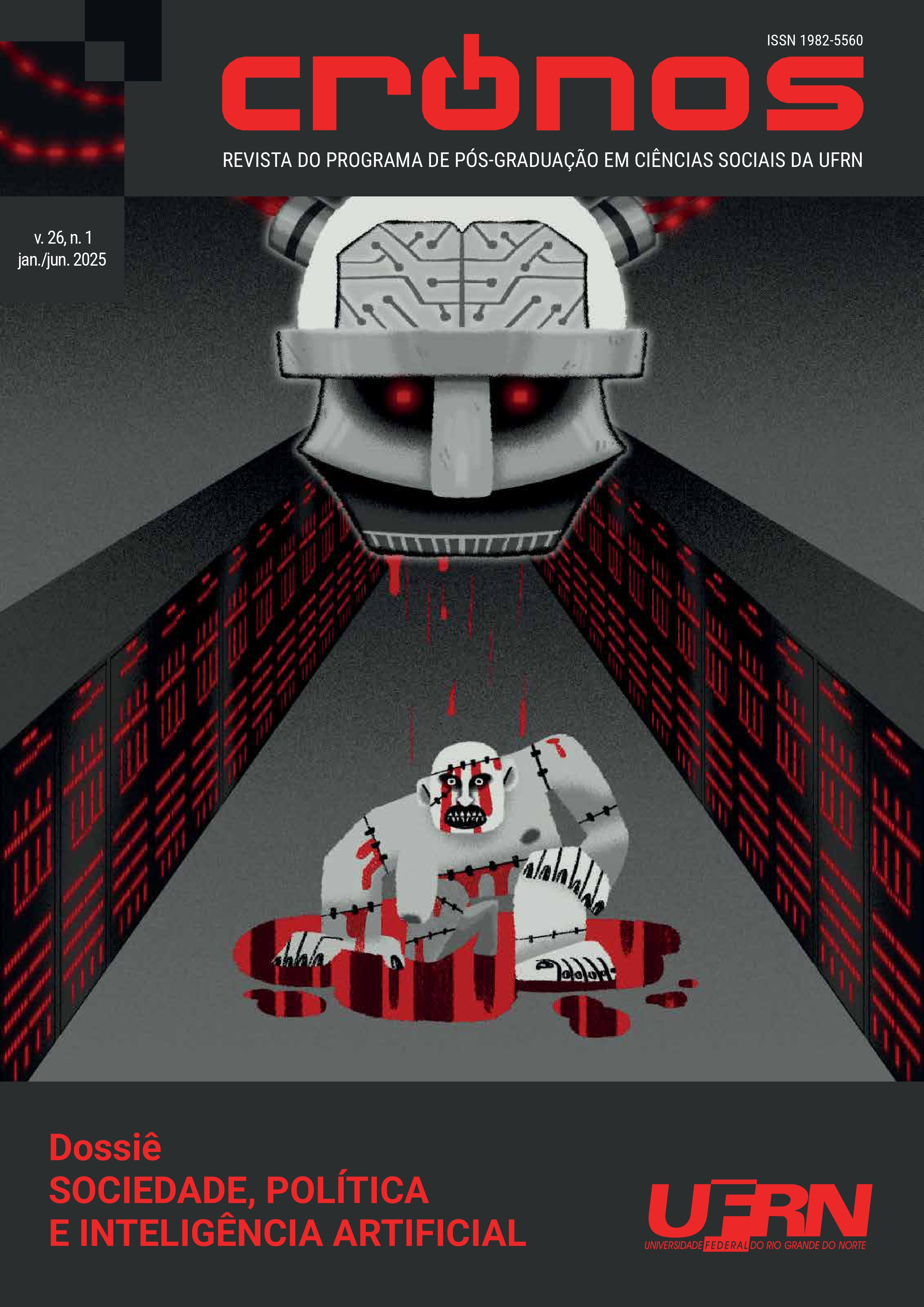ORGANIZATIONS IN MATURATION AND CHATBOTS
mobilizing heterarchical and hierarchical characteristics for consensus
DOI:
https://doi.org/10.21680/1982-5560.2025v26n1ID35875Keywords:
Chatbot, Sociology of Criticism, Sociology of Work, Digital SociologyAbstract
This article presents the results of a research study on the work environment of specialists responsible for developing natural language communication interfaces, known as chatbots, from the perspective of critical sociology (Boltanski; Thévenot, 2020; 1999) and the concept of value (Stark, 2011). It consisted of semi-structured comprehensive interviews (Kaufmann, 2013) with these professionals to understand how they organize themselves daily in their work and negotiate their space based on their assessments of user actions when interacting with these tools. The research concluded, based on their accounts, firstly, that organizations responsible for developing chatbots create controlled frictions among specialists to refine these technologies, and secondly, that they adopt a hybridism derived from the combination of hierarchical labor organizations and contemporary heterarchical organizations, as a way to control openness to user-requested changes and the demands of commercial enterprises that commission these tools for their digital businesses. Due to the specific nature of this field, it was chosen to define this type of organization using the native category of “maturation”.
Downloads
Downloads
Published
How to Cite
Issue
Section
License
Copyright (c) 2025 Revista Cronos

This work is licensed under a Creative Commons Attribution-NonCommercial-ShareAlike 4.0 International License.


 English
English Español (España)
Español (España) Português (Brasil)
Português (Brasil)


